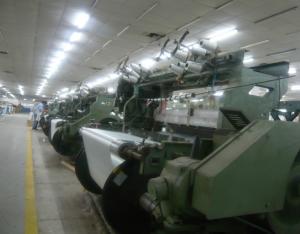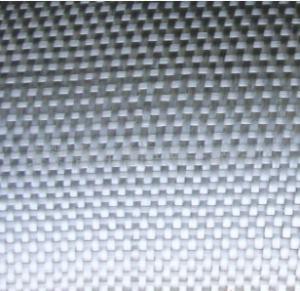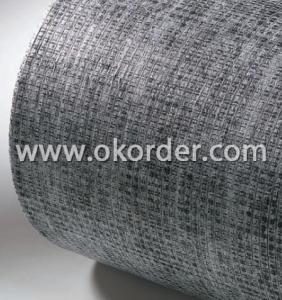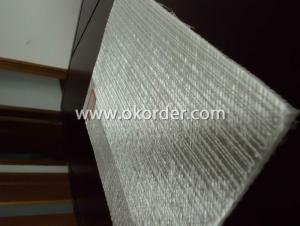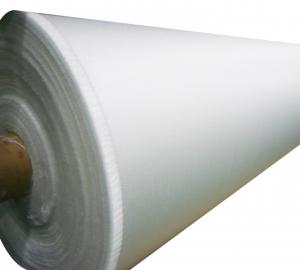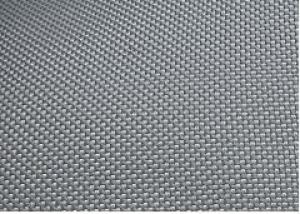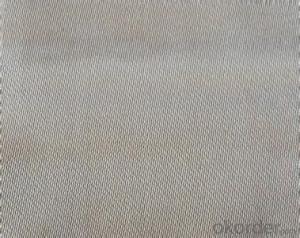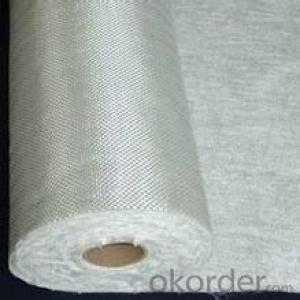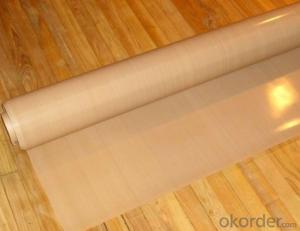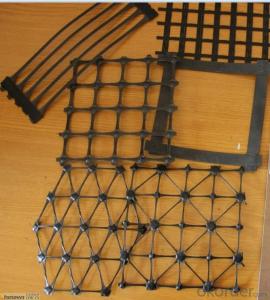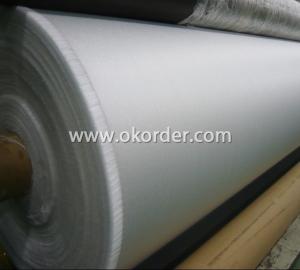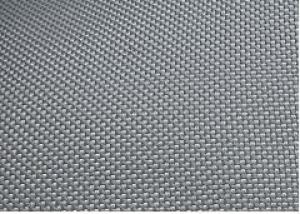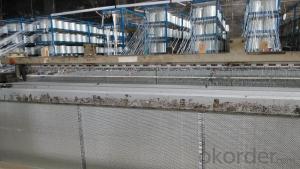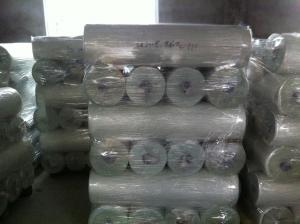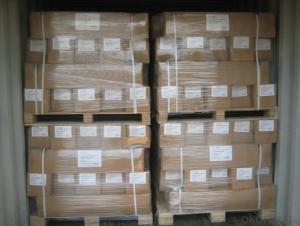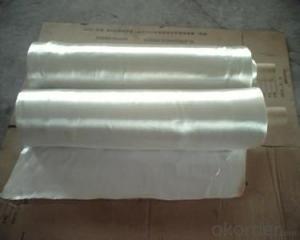Classic Fiberglass Fabrics
- Loading Port:
- Qingdao Port
- Payment Terms:
- TT or LC
- Min Order Qty:
- 10000 M2 m²
- Supply Capability:
- 50000000 M2 Per Year m²/month
OKorder Service Pledge
OKorder Financial Service
You Might Also Like
Introducton of Fiberglass Fabrics for surfboard:
Fiberglass fabric is corrosion resistance, high intensity, electricity insulation, compatibility with other resin. Fiberglass fabric is widely used into electric insulation field for PCB or copper clad laminate.
Technical Data Sheet of Fiberglass Fabrics for surfboard:
Fabric Count Warp×Fill(Per cm) | Yarn(SI)
| Thickness(mm) (Rreference Only) | Nominal Weight(g/m2) | Weight Tolerance(g/m2) |
23.6×18.5 | 5 11 1×0 5 11 1×0 | 0.053 | 46.8 | 45.1-48.5 |
23.6×23.6 | 5 11 1×0 5 11 1×0 | 0.056 | 52.9 | 51.5-54.2 |
19.3×16.5 | 7 45* 1×0 7 45* 1×0 | 0.149 | 164.1 | 157.7-170.5 |
18.1×17.7 | 7 45* 1×0 7 45* 1×0 | 0.140 | 1654.0 | 158.0-171.0 |
23.6×19.7 | 6 33 1×0 6 33 1×0 | 0.125 | 148.0 | 142.8-153.2 |
20.0×10.8 | 9 331×0 9 74 1×0 | 0.135 | 146.2 | 142.1-150.3 |
20.5×20.5 | 9 34* 1×0 9 34* 1×0 | 0.114 | 138.3 | 133.6-143. |
23.6×22.0 | 7 22 1×0 5 11 1×0 | 0.079 | 78.0 | 75.6-80.4 |
22.0×18.9 | 7 22 1×0 7 22 1×0 | 0.084 | 90.9 | 88.5-93.2 |
23.6×22.8 | 7 22 1×0 7 22 1×0 | 0.094 | 103.8 | 100.7-106.8 |
26.0×21.7 | 7 22 1×0 7 22 1×0 | 0.095 | 108 | 104.8-111.2 |
17.3×12.2 | 9 681×0 9 68 1×0 | 0.173 | 203.4 | 198.0-208.9 |
17.9×13.4 | 9 68 1×0 9 68 1×0 | 0.18 | 210.0 | 204.5-215.3 |
17.3×11.4 | 9 68 1×0 9 102* 1×0 | 0.201 | 232.3 | 226.5-238.0 |
17.5×7.9 | 9 68 1×0 9 136* 1×0 | 0.254 | 227.8 | 221.1-234.7 |
17.4×10 | 9 68 1×0 9 136* 1×0 | 0.250 | 260.0 | 255.2-265.3 |
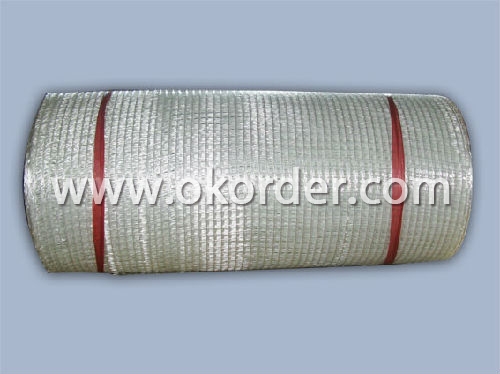
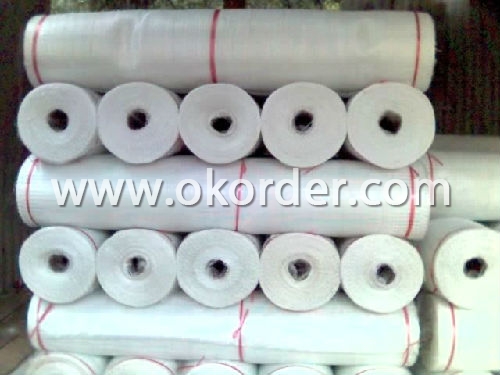
- Q:Is fiberglass fabric resistant to chemicals used in mining?
- Indeed, the chemicals employed in mining pose no challenge to fiberglass fabric's remarkable resistance. Crafted with utmost precision to endure severe circumstances, this fabric boasts an exceptional capacity to withstand various chemicals. It remains impervious to the majority of acids, alkalis, solvents, and other substances frequently utilized in mining endeavors. Consequently, it emerges as the perfect material for numerous applications within the mining industry, including the lining of tanks, pipes, and equipment that face corrosive agents. Moreover, fiberglass fabric guarantees resilience and dependability in mining environments due to its resistance to high temperatures, abrasion, and wear.
- Q:Is fiberglass fabric resistant to chemicals and solvents?
- Fiberglass fabric is typically resistant to chemicals and solvents. Its composition of interwoven glass fibers grants it a strong resistance to a diverse array of chemicals and solvents, encompassing acids, alkalis, and organic solvents. This resistance renders fiberglass fabric highly sought-after for a multitude of applications where exposure to chemicals and solvents is anticipated, such as in chemical processing plants, laboratories, and industrial settings. Nevertheless, it is essential to acknowledge that the degree of resistance may vary based on the precise type and quality of fiberglass fabric, thus consulting the manufacturer or supplier for detailed chemical compatibility information is always advisable.
- Q:How does fiberglass fabric perform in corrosive environments in chemical plants?
- Fiberglass fabric is well-known for its excellent performance in corrosive environments in chemical plants. It is highly resistant to a wide range of corrosive chemicals, making it an ideal choice for various applications in these harsh environments. One of the primary reasons fiberglass fabric is effective in corrosive environments is its inherent non-reactivity to most chemicals. It does not corrode or degrade when exposed to acids, alkaline substances, or other aggressive chemicals commonly found in chemical plants. This non-reactivity ensures the fabric's integrity and longevity, as it remains unaffected even after prolonged exposure to corrosive agents. Additionally, fiberglass fabric has a high strength-to-weight ratio, making it capable of withstanding mechanical stresses in corrosive environments. It retains its structural integrity even when exposed to extreme temperature variations, pressure changes, or physical impacts. This durability makes it suitable for use in applications such as lining tanks, pipes, or vessels, where it can help contain corrosive substances without suffering any significant degradation. Furthermore, fiberglass fabric exhibits excellent electrical insulation properties, which is crucial in chemical plants where electrical equipment and wiring are commonly exposed to corrosive chemicals. The fabric acts as a barrier, preventing corrosive substances from coming into contact with electrical components, thereby minimizing the risk of electrical failures or accidents. Lastly, fiberglass fabric is also fire-resistant, providing an additional layer of safety in chemical plants where flammable substances are present. It has a high melting point and does not support combustion, making it suitable for applications that require fire resistance. Overall, fiberglass fabric is an exceptional choice for corrosive environments in chemical plants due to its non-reactivity to chemicals, high mechanical strength, electrical insulation properties, and fire resistance. Its ability to withstand harsh conditions while maintaining its integrity makes it a reliable and long-lasting solution for various applications within the chemical industry.
- Q:What are the differences between Geogrid, glass fiber network and geotextile?
- A grille is made of polypropylene, PVC polymer and thermoplastic or molded by two-dimensional grid or a certain height of the three-dimensional mesh screen, when used as a civil engineering, called geogrid. Engineering applications: highway, railway, abutment, approach road, wharf, dam, slag yard and other soft soil foundation reinforcement, retaining wall and pavement anti cracking projects, and other fields.
- Q:Can fiberglass fabric be used for making flags?
- Absolutely, flags can indeed be made using fiberglass fabric. This splendid material, known for its lightweight nature, durability, and resistance to weather, is perfectly suited for outdoor uses like flags. Moreover, its remarkable strength-to-weight ratio guarantees that the flag will endure even the harshest winds and environmental circumstances. What's more, fiberglass fabric facilitates effortless printing, enabling the creation of vibrant and enduring flag designs. Taking all these factors into consideration, fiberglass fabric emerges as an exceptional option for crafting flags that are not only visually appealing but also long-lasting.
- Q:The function of roof glass fiber non-woven fabric isolating layer
- To protect the waterproof layer, the main purpose is to prevent the waterproof layer from sticking together with the protective layer.
- Q:How does fiberglass fabric perform in terms of breathability?
- Fiberglass fabric is not breathable as it is a non-permeable material, which means it does not allow air to pass through easily.
- Q:How is fiberglass fabric used in the production of thermal gloves?
- Fiberglass fabric is used in the production of thermal gloves to provide insulation and heat retention properties. It is often used as a lining material or incorporated into the glove's construction to trap and retain body heat, keeping the hands warm in cold environments. The fiberglass fabric's thermal resistance helps to minimize heat loss and create a barrier against cold temperatures, making it an essential component in manufacturing high-quality thermal gloves.
- Q:How much resin does 1 square meter 02 fiberglass cloth need to consume?
- Resin: glass fiber 6:4 technique can be better 5:5; high alkali cloth the most expensive resin; followed by medium alkali cloth; most of the resin is alkali free cloth.
- Q:Characteristics and advantages of polyester glass fiber cloth
- Super waterproof layer availableInstalling waterproof layer under hot mix asphalt pavement is one of the best methods to protect and prolong the life of road. The anti cracking fabric of general material is deformed and damaged at high temperature. Polyester glass fiber cloth is made of non-woven glass fiber / polyester. It can withstand the high temperature construction of modified asphalt concrete. This high temperature stability of polyester glass fiber cloth will provide a continuous, non deformation waterproof layer, effectively prevent moisture infiltration, and avoid moisture infiltration caused by pavement and base damage.
1. Manufacturer Overview |
|
|---|---|
| Location | Shandong, China |
| Year Established | 1964 |
| Annual Output Value | Above US$ 20 Million |
| Main Markets | 20.00% North America 20.00% South America 10.00% Eastern Europe 10.00% Southeast Asia 10.00% Northern Europe 10.00% South Asia 10.00% Western Europe 5.00% Africa 5.00% Mid East |
| Company Certifications | ISO9001:2000 |
2. Manufacturer Certificates |
|
|---|---|
| a) Certification Name | |
| Range | |
| Reference | |
| Validity Period | |
3. Manufacturer Capability |
|
|---|---|
| a)Trade Capacity | |
| Nearest Port | Qingdao Port |
| Export Percentage | 31% - 40% |
| No.of Employees in Trade Department | 10-20 People |
| Language Spoken: | English; Chinese; |
| b)Factory Information | |
| Factory Size: | Above 200,000 square meters |
| No. of Production Lines | Above 10 |
| Contract Manufacturing | Design Service Offered; Buyer Label Offered |
| Product Price Range | High; Average |
Send your message to us
Classic Fiberglass Fabrics
- Loading Port:
- Qingdao Port
- Payment Terms:
- TT or LC
- Min Order Qty:
- 10000 M2 m²
- Supply Capability:
- 50000000 M2 Per Year m²/month
OKorder Service Pledge
OKorder Financial Service
Similar products
New products
Hot products
Related keywords
